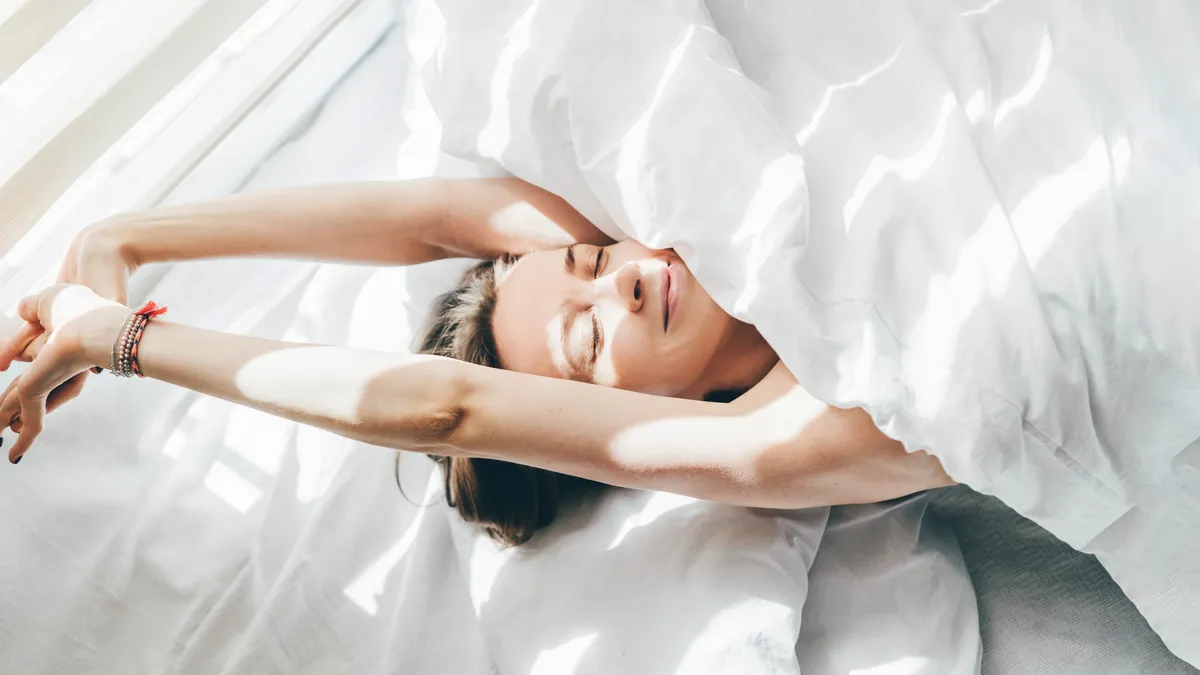
Some fortunate individuals possess rare genetic mutations that allow them to feel refreshed after just four hours of sleep, while the majority of us require approximately eight hours to function optimally. Recent research has identified one such mutation, known as SIK3-N783Y, in a remarkable human known as a "super-sleeper." This breakthrough study sheds light on how this mutation could potentially reshape our understanding of sleep disorders and sleep efficiency.
The research team investigated the SIK3-N783Y mutation in genetically modified mice and discovered that these mice also exhibited shorter sleep durations. According to the study, published in the journal PNAS on May 5, this newly identified mutation is among several that have been linked to shorter sleep patterns. By delving into the genetics of natural short sleepers, scientists hope to pave the way for more effective treatments for various sleep disorders.
Dr. Ying-Hui Fu, a neuroscientist and geneticist at the University of California, San Francisco, emphasized to Nature that our bodies continue vital functions while we sleep, such as detoxification and damage repair. Natural short sleepers, she explains, manage to perform these functions at a higher level than the average person, allowing them to thrive on significantly less sleep.
Insufficient sleep can lead to a range of negative effects, including sluggishness, forgetfulness, and an increased risk of heart problems. Although the amount of sleep needed varies with age, most adults require between seven to nine hours of sleep each night to feel at their best. In stark contrast, those with the natural short sleep trait can function effectively on just four to six hours of sleep per night. Interestingly, these individuals often feel worse if they exceed their typical sleep duration.
Previous research has identified four genes associated with short sleep, along with five relevant mutations within those genes. The SIK3-N783Y mutation marks the discovery of a fifth gene, Sik3, which has previously been associated with sleepiness. In the laboratory, researchers tested this mutation on mice and found that those with the mutation slept approximately 31 minutes less than their non-mutated counterparts. Following a period of induced sleep deprivation, the mutation-bearing mice slept 54 minutes less.
While mice typically sleep for around 12 hours a day—much longer than humans—the reduction in sleep linked to the SIK3 mutation is less pronounced than what is observed in human subjects with natural short sleep patterns. Researchers speculate that this discrepancy may be due to the fragmented sleep experienced by mice or the inbred nature of the specific mouse strain used in the study.
There remains much to learn about the genetics of natural short sleepers and their exceptional ability to thrive on less sleep. The findings from this study suggest that Sik3 could serve as a promising therapeutic target for researchers aiming to enhance sleep efficiency and overall sleep satisfaction. Continued exploration in this area may ultimately lead to groundbreaking advancements in our understanding of sleep and its impact on health.